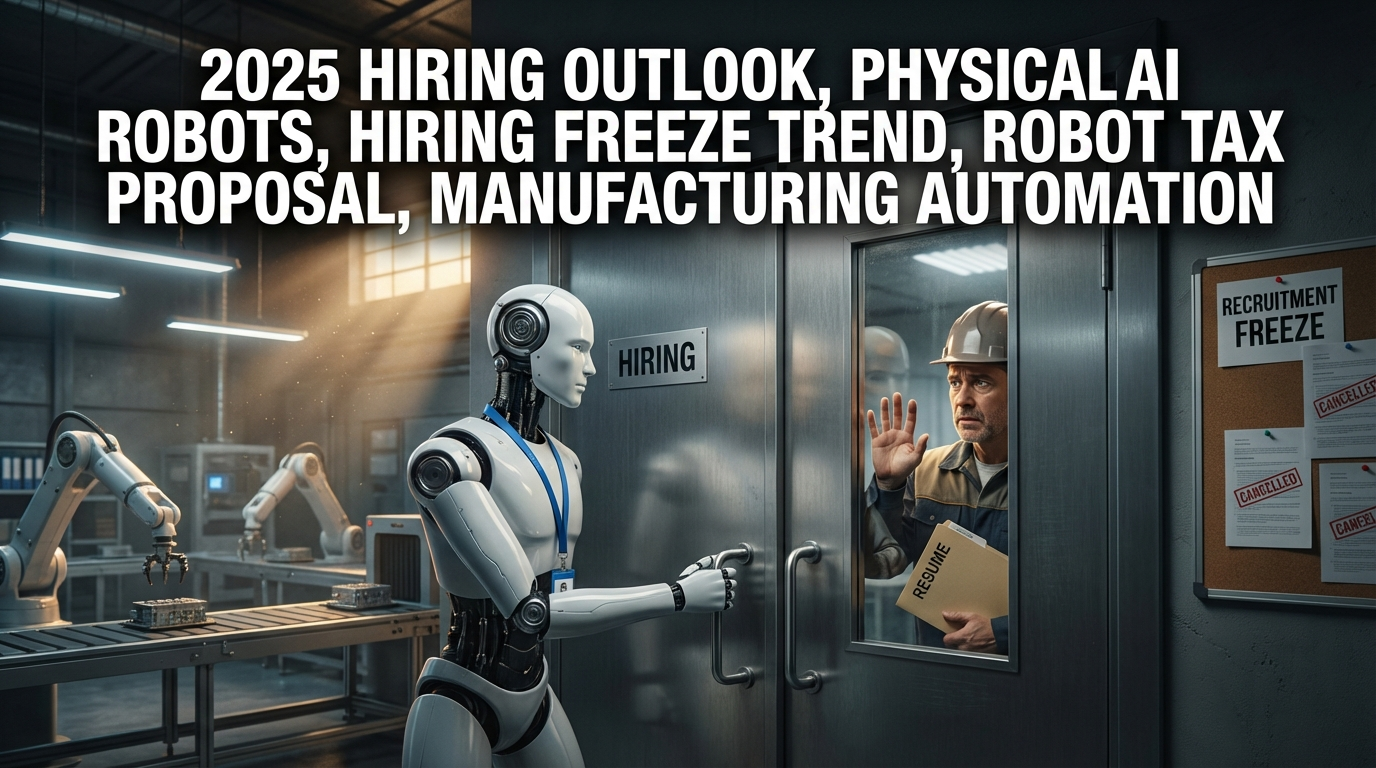2024 KOSPI Outlook and Investment Strategies
KOSPI's PR Below 9x and Historical Analysis
- In the past 20 years, the KOSPI PR (Price to Earnings Ratio) has fallen below 9x on several occasions.
- On average, it did not stay for more than 4 months, with the longest duration being in 2018, lasting a total of 8 months.
- Recently, it stayed at this level for 4 months and then rebounded.
Evaluation of the Korean Market by Global Investors
- Korea is perceived as an undervalued country by global investors.
- It has a low valuation and a weak correlation to the stock market's performance.
- Unlike the U.S. market, it may show independent movements.
Impact of U.S. Interest Rates and Economic Conditions on the Korean Market
- The possibility of an economic slowdown in the second half of the year in the U.S. is being raised.
- Increased possibility of interest rate cuts will ease the strong dollar, which may lead to the inflow of foreign capital into the Korean market.
- If the strong dollar weakens, the Korean market may Outperform.
Stock Supply and Demand Analysis
- Increasing investment proportions in domestic and overseas stock funds.
- Foreign cumulative net purchases are still sluggish, while individual investors are continuously buying and then gradually decreasing.
- Excessive increase in overseas investment proportions is causing a phenomenon where concentration in the domestic market is decreasing.
Importance of Dollar Assets
- U.S. long-term investors basically need to hold a certain amount of dollars.
- In the long term, the yen, euro, and yuan are expected to decline relatively against the dollar.
- Although there is a possibility of short-term dollar weakness, holding basic dollar assets is a favorable investment strategy.
Comparison of U.S. and Korean Markets
- The U.S. market may see adjustments in the hardware sector, which is centered on Big Tech.
- Recent changes in AI-based investment directions have created new market opportunities.
- The Korean market needs to consider economic slowdown and political uncertainty, but there are investment opportunities in certain sectors.
DeepSeek and Changes in the AI Market
- DeepSeek has a different design approach from existing AI models.
- Existing AI models (GPT, Gemini, etc.) have a structure that learns all data.
- DeepSeek is designed to form expert groups to perform learning in specific fields.
- This results in faster learning speed and cost reduction effects.
- As a result, as AI costs decrease, AI is more likely to be used in more industries.
Changes in AI Investment Direction
- Increasing importance of AI software and API-based service companies.
- Shifting away from the existing GPU-centric approach to focus on increasing AI utilization.
- Expecting benefits for software companies and device manufacturers (Samsung Electronics, Apple) due to changes in AI trends.
Outlook for Leading Stocks in the Korean Stock Market
- Sectors to exclude: Cyclical stocks (chemicals, oil refining, steel), automobiles (tariff issues), some semiconductor manufacturers
- Sectors to watch:
- Shipbuilding: Maintaining a duopoly with China, expanding global shipbuilding demand
- Defense: Pressure on defense spending from the Trump administration, possibility of increased military spending by NATO countries
- Power infrastructure: Benefiting from increased AI utilization and increased electricity consumption
- Semiconductors: Continued growth of HBM-related companies (memory semiconductors)
- Bio: Growth of biosimilar and CDMO-related companies
- Software and Entertainment: AI application companies and global content-related companies
Investment Strategies
- U.S. Market: Long-term investment recommended, focusing on indices such as the S&P 500
- Korean Market: Need for a differentiated approach with individual stock plays
- Focus on growth sectors (software, bio, defense, etc.) amid the economic slowdown
- AI-related trends will continue, but reliance on semiconductors and hardware may decrease
- KOSPI PR Below 9x Record: Historically stays for 4-8 months and then rebounds
- Global Investor Perspective: Korea is an undervalued country with potential for further upside
- U.S. Economic Slowdown & Interest Rate Cut Possibility: Expecting inflow of foreign capital if the strong dollar weakens
- AI Trend Change: Drop in AI costs due to the emergence of DeepSeek, benefiting software and platforms
- Leading Stocks in the Korean Stock Market: Shipbuilding, Defense, Power Infrastructure, Semiconductor HBM, Bio, Software
- Investment Strategy: Long-term investment in the U.S. centered on the S&P 500, selective stock-specific investment in Korea
[More…]
- "Korean Stock Market Outlook: Investment Strategies for the Second Half of 2024" → https://nextgeninsight.net/?s=%EC%A6%9D%EC%8B%9C
- "AI Innovation and DeepSeek: Changes in the New AI Era" → https://nextgeninsight.net/?s=AI
*YouTube Source: [이효석아카데미]
– 외국인 투자자 입장에서 전혀 매력이 없는 국장, 이대로 국장은 저무는 것일까ㅣ김태홍 그로쓰힐자산운용 대표 [2부]

The Impact of US M2 Increase and Trump's Financial Deregulation on Asset Markets
Increase in US Money Supply (M2) and Recent Changes
- US M2 is a key economic indicator released at the end of each month, representing the amount of money in circulation.
- After an unprecedented tightening over the past two years (2022-2023), M2 has been rapidly increasing in 2024.
- The current rate of M2 growth is the fastest in the last two years, signaling a significant change in economic conditions.
Expectations for Financial Deregulation Under Trump
- Trump's policy stance is deregulation, which is likely to positively impact financial and asset markets.
- Although the Federal Reserve (US Central Bank) has frozen interest rates, Trump is pursuing policies to inject money into the market through easing lending regulations.
- If financial regulations are eased, lending will be 활성화되고, further increasing the amount of money circulating in the market.
Uncertainties of Inflation and Trade Wars
- As the increase in M2 and the speed of capital outflows accelerate, concerns about inflation (rising prices) increase.
- Trump's tariff policies (additional tariffs on China, semiconductors, and other sectors) are factors that increase market volatility.
- These factors may make it uncertain when to respond to inflation and lower interest rates.
Responses of Major Asset Markets
- Strong Inflation Hedge Assets: Assets such as gold, silver, and Bitcoin are maintaining their strength, with precious metals-related ETFs and cryptocurrency-related stocks particularly strong.
- Changes in the Stock Market: Financial stocks are strong amid expectations of deregulation, with fintech-related companies and ETFs on the rise.
- Surge in IPOs: The number of newly listed companies on the NASDAQ exchange is increasing (up 136% year-over-year), as companies anticipate a strong stock market and proceed with IPOs.
Growth of Financial Stocks and New Listing Boom
- Financial stocks are likely to benefit from increased money flow and expanded lending.
- The proportion of fintech-related companies among newly listed companies is high, raising expectations for the growth of fintech and financial technology (stock trading, digital banking, etc.).
- Major financial stocks: Goldman Sachs, JP Morgan, Wells Fargo, Bank of America, etc.
- Financial stocks showed strength during Trump's first term, and a similar trend is expected in his second term.
Trump-Friendly Assets (Cryptocurrencies and Fintech)
- As Trump pushes for financial deregulation, regulations on the cryptocurrency and fintech industries are likely to be relatively eased.
- More than 10 US states have recently proposed legislation to purchase Bitcoin as a strategic asset.
- Prospects for 활성화되고 Bitcoin and cryptocurrency ETFs (BlackRock, Grayscale, etc.)
- Musk is also planning to introduce fintech features (remittances, payments, etc.) to Twitter (X).
US Stock Market and Investment Opportunities
- As the greed market is likely to continue, financial stocks, fintech, and cryptocurrency-related companies are likely to remain strong.
- Financial ETF: XLF (representative financial stock ETF)
- Need to pay attention to cryptocurrency, fintech-related stocks, and ETFs.
- Increased market volatility is possible due to the possibility of long-term interest rate cuts and continued uncertainty in trade wars.
< Summary >
- The rate of increase in US M2 (money supply) is the fastest in the last two years.
- Expectations for financial deregulation, a key feature of Trump's policies, are having a major impact on the market.
- Increased volatility is expected due to the possibility of rising inflation along with trade wars.
- Financial stocks and fintech-related companies are showing strength, and new listings (IPOs) are increasing.
- Inflation hedge assets such as cryptocurrencies and gold are maintaining their strength.
- Continuous monitoring of financial stocks, fintech, cryptocurrency-related ETFs, and individual stocks is necessary.
- Short-term adjustments and risk management are necessary as market volatility is likely to be high.
[More…]
- Trump's Financial Deregulation and US Stock Market Outlook: https://nextgeninsight.net/?s=%ED%8A%B8%EB%9F%BC%ED%94%84
- US IPO Increase and the Future of the Fintech Market: https://nextgeninsight.net/?s=IPO
*YouTube Source: [소수몽키]
– 관세 피난처와 규제완화 겹호재 맞은 금융주, 트럼프 2기 최대 수혜주 될까



